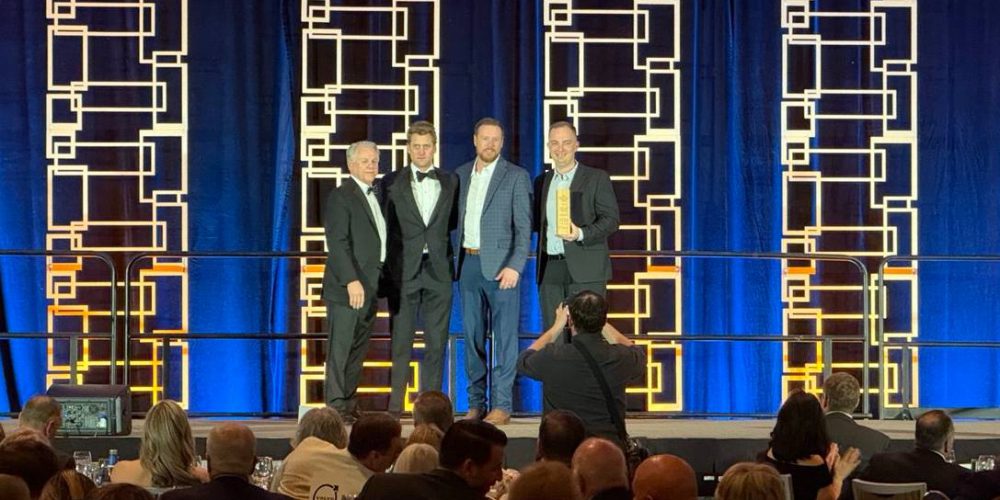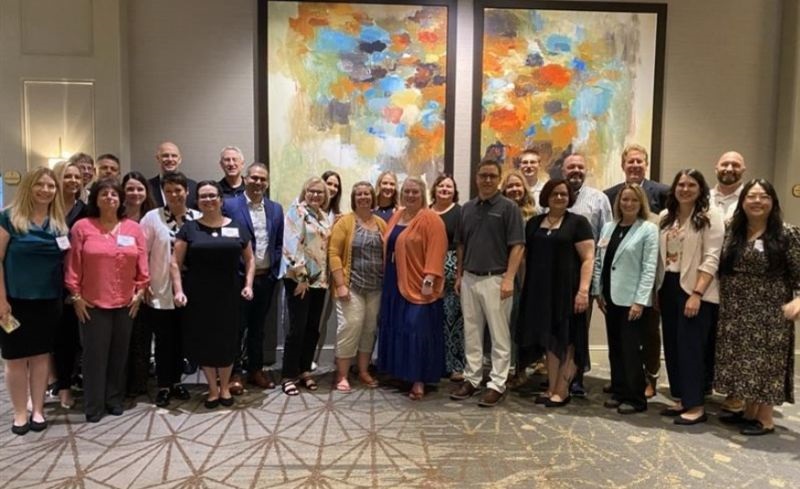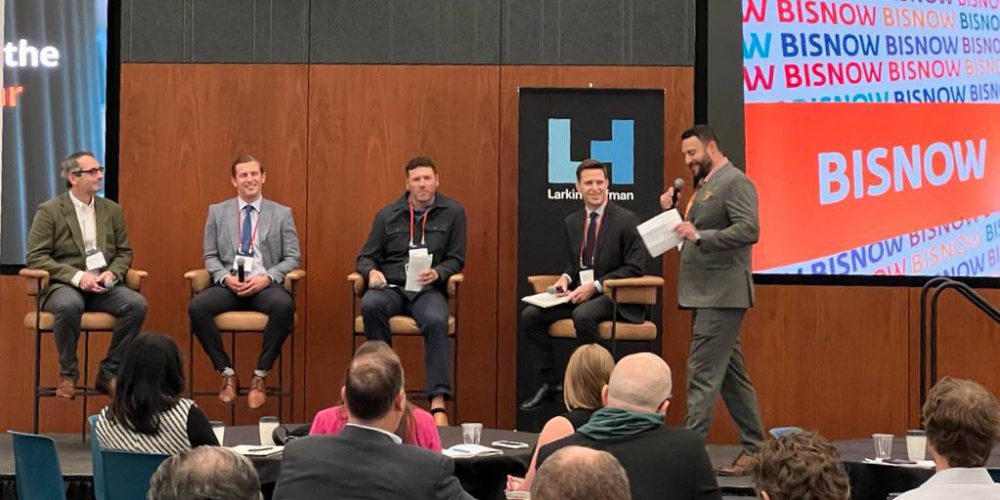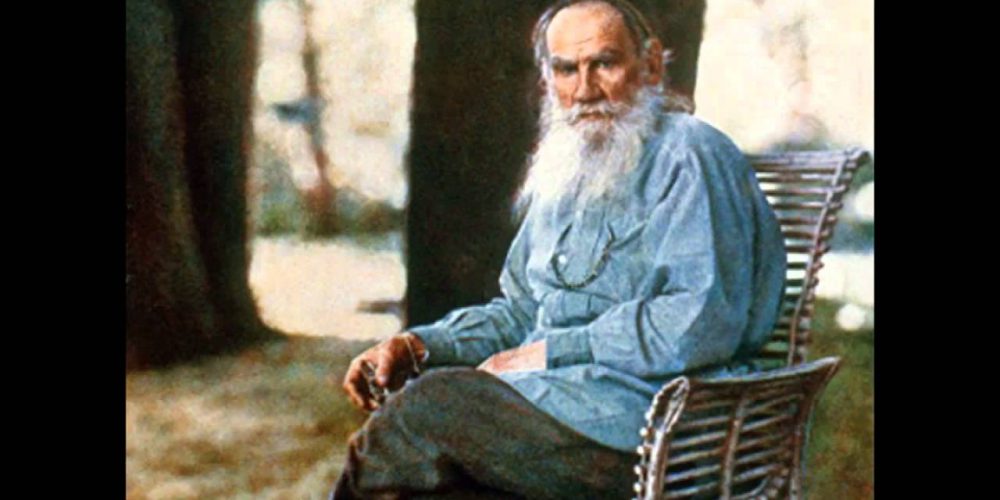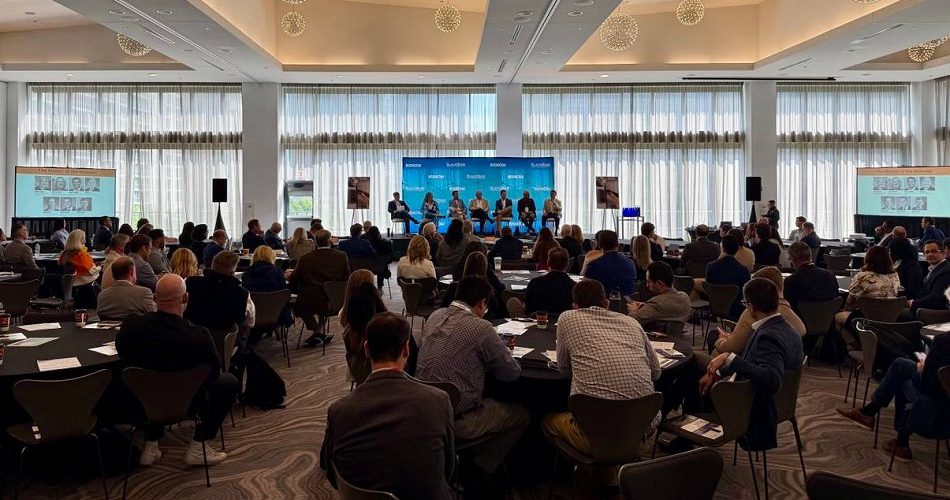Feedback is a gift

When small business owners lament that it’s lonely at the top, it’s not just compatible company they’re craving. As leaders of organizations that typically lack management depth, entrepreneurs have no one nearby to compare themselves against, and no one to learn from.
It’s one advantage corporate leaders have over entrepreneurs: opportunities for development through company training programs, ongoing management feedback and performance reviews. However, these activities are often handled sloppily or outright neglected — which means entrepreneurs can overcome this disadvantage by developing their own personal growth and assessment processes.
Peer-mentoring programs such as YPO, Entrepreneurs’ Organization, TEC Canada, Innovators Alliance and PEO (Presidents of Enterprising Organizations) aid self-development through regular meetings, in which entrepreneurs candidly discuss their problems, finding comfort and solutions in their shared misery. Most of the entrepreneurs who have tried out these programs never let them go.
But what if you’re not a joiner, or can’t commit a day a month to self-development? Get your personal network to assess you like a boss. All it takes is a few minutes, some caring friends, and thick skin — plus a commitment to growing and changing in response to informed feedback.
Take the case of Angela Podolsky, a Montreal consultant who helps business people master body language and non-verbal communication. Like you, she’s ambitious and focused on growth. But she knows that entrepreneurs who try to coach themselves have a fool for a client.
So she draws on the power of her network. Once a year or so, Podolsky will email a few contacts to ask for direction. She explains that feedback and personal growth are important to her, so she’d appreciate their answering a few questions about her character and her work. “Please don’t hold back,” she adds. “This will work only if your answers are as candid as possible.”
Here are some of the questions Podolsky asks. She describes herself in the third person to dilute the personal element in these relationships.
— Can you describe Angela using five adjectives?
— What are her strengths?
— How would you describe her as a business person (or as a friend, depending on the nature of the relationship)?
— What do you think she should do more and improve on?
— Why do you think Angela is part of your life? What value you think you get from your relationship?
— How would you describe her as a leader? What kind of leader is she?
—What suggestions would you like to give her?
—Where do you see her in three years’ time (from your own perspective, not what you think she would like to hear)?
Podolsky says the responses she’s received have helped her identify self-defeating habits and new opportunities for her business. They have deterred her from straying down questionable paths, and built her confidence by pointing out where she is on the right track.
Legendary Scottish poet Robbie Burns urged us to open our eyes and ears to other people’s opinions when he wrote, “O wad some Power the giftie gie us, to see oursels as ithers see us!” (Burns was yearning for some Power to give us the gift to see ourselves as others see us.) As the next line of his poem reads, in everyday English, “It would save us from many mistakes and foolish thoughts.”
In order to avoid foolish mistakes and dangerous assumptions, here are a few more questions you might ask your network:
— Are there any elements of my character or skill set you admire?
— In all honesty, are there some aspects of my character or behaviour you think I should try to change?
— My business targets large industrials seeking (Insert your product and target market here). Do you think my business is on the right track? Do you see any opportunities I am missing?
— What practical actions could I take over the next seven days to improve my business?
— How would you describe my communication skills? Do you have any suggestions for how I might improve?
— Can you think of a mentor, a course, a book or some other resource I should be tapping?
— Of all these comments, which one do you think is most important for me to address immediately?
Finally, consider seriously the responses you receive. Pay as much attention to the praise as you do to the negative feedback. What can you learn about your strengths and how to enhance them? To address your shortcomings, call a few contacts and invite them for coffee to discuss their thoughts. Listen, and don’t argue. As Burns knew, feedback is a gift, whether it’s positive or negative. Once you select a few bad habits to work on, you can ask a trusted contact to become your “accountability buddy” as you strive to grow and change
While you’re at it, suggest your friends send out their own self-development questionnaires. Offer to help them compose a few questions to get started. They say the lord helps those who help themselves, but karma favours those who help others.




